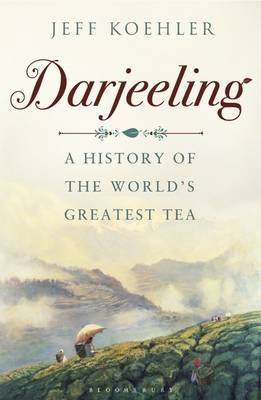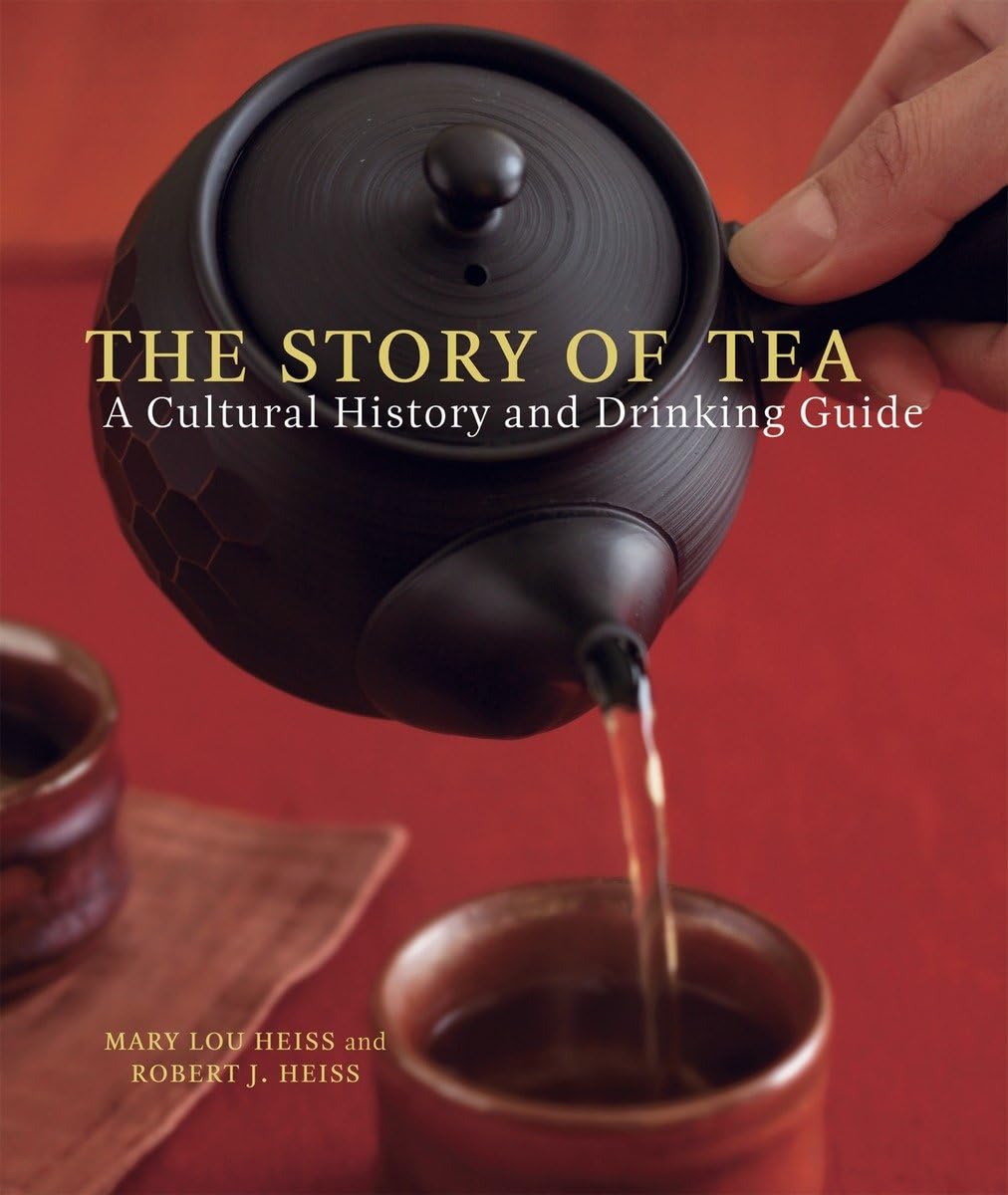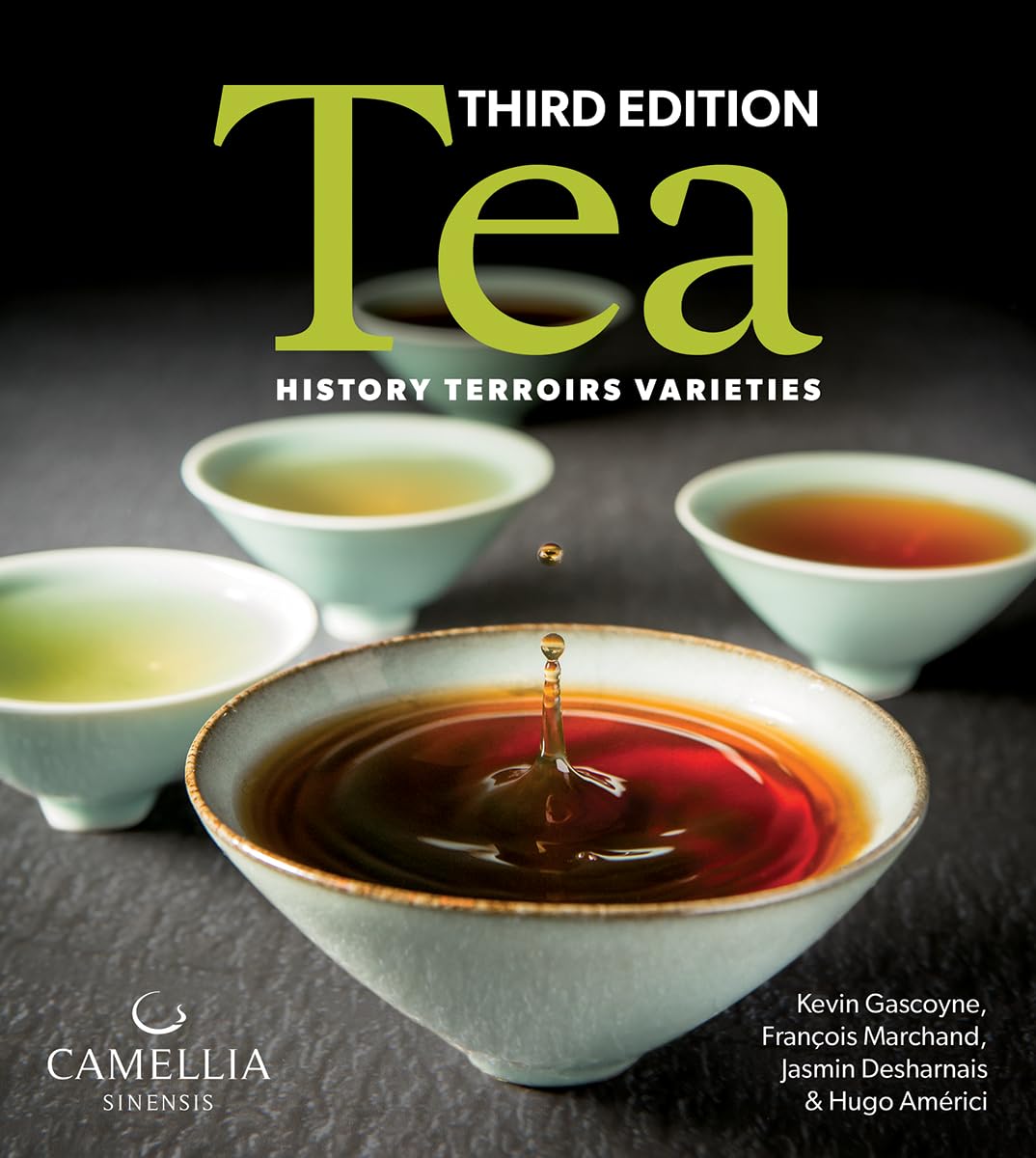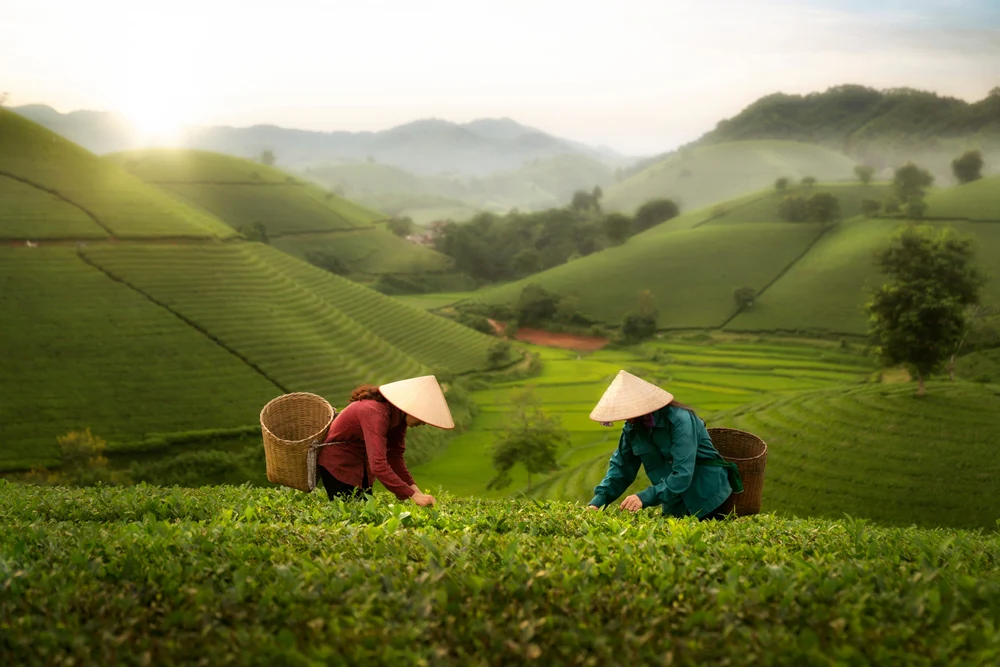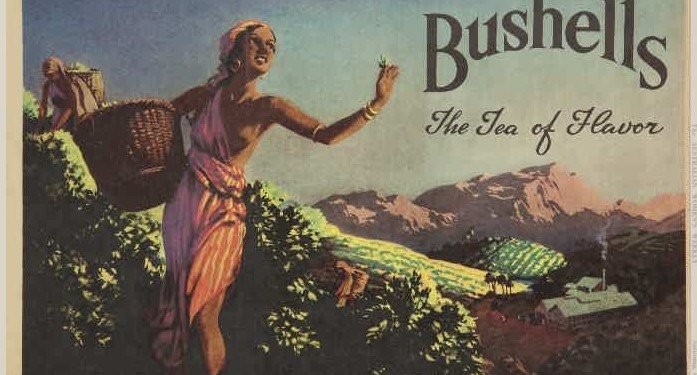Introduction
Jeff Koehler’s Darjeeling: A History of the World’s Greatest Tea is a fascinating exploration of the history, culture, and allure surrounding the famed Darjeeling tea. Often called the “Champagne of Teas,” Darjeeling is celebrated worldwide for its distinctive flavor, and Koehler dives deep into its origins, cultivation, and enduring mystique. This book blends historical analysis, cultural insights, and personal anecdotes to create a compelling narrative that appeals to tea enthusiasts and history buffs alike.
Overview of the Book
Koehler’s work is divided into thematic sections that detail the evolution of Darjeeling tea, from its colonial beginnings to its current status as a globally revered product. The book covers:
- The Colonial Roots:
- The British Empire’s introduction of tea cultivation in the Darjeeling hills during the 19th century.
- The challenges and ingenuity involved in establishing tea plantations in the rugged Himalayan terrain.
- The Art of Tea:
- The unique processes and conditions that give Darjeeling tea its characteristic flavor and aroma.
- Koehler examines the interplay of terroir, craftsmanship, and tradition.
- Cultural Significance:
- The role of Darjeeling tea in Indian and global cultures.
- Insights into the lives of plantation workers, many of whom are Nepalese, and the socio-economic impact of the industry.
- Modern Challenges:
- The effects of globalization, climate change, and political tensions on the production of Darjeeling tea.
- Issues of authenticity and the fight against counterfeit “Darjeeling” teas in the international market.
Key Themes and Insights
- The Role of Nature and Terroir:
Koehler vividly describes the Himalayan environment that makes Darjeeling tea unique. He highlights how the altitude, soil, and misty climate combine to produce the tea’s delicate muscatel flavor. - Colonial Enterprise and Exploitation:
The book does not shy away from the darker aspects of Darjeeling’s history, such as the exploitation of local labor and the imperial motivations behind tea cultivation. Koehler presents a nuanced view of the colonial tea industry. - Artistry and Craftsmanship:
The narrative celebrates the artistry involved in growing and processing Darjeeling tea, portraying it as a blend of science, tradition, and human expertise. - Contemporary Struggles:
Koehler details the modern-day struggles of Darjeeling tea, from maintaining authenticity in the face of global demand to addressing the labor rights of plantation workers. He emphasizes the importance of preserving the legacy of Darjeeling in an ever-changing world.
Writing Style
Koehler’s prose is engaging and evocative, painting vivid pictures of the Darjeeling landscape and the lives intertwined with its tea. His storytelling blends journalistic rigor with poetic detail, making the book both informative and deeply immersive. Personal anecdotes and interviews with tea workers, estate owners, and tasters add a human touch to the historical and economic discussions.
Strengths of the Book
- Comprehensive Research: The book is meticulously researched, with rich details that highlight Koehler’s deep dive into historical archives and fieldwork.
- Balanced Perspective: Koehler successfully balances the romanticism of Darjeeling tea with a critical look at its challenges and complexities.
- Global Context: The book places Darjeeling tea within a broader global framework, exploring its cultural and economic impact far beyond India.
Weaknesses
- Dense Historical Sections: Some readers may find the detailed historical accounts a bit heavy, particularly if they are more interested in the sensory and cultural aspects of Darjeeling tea.
- Limited Focus on Modern Consumer Experience: While the book extensively covers the production and history of Darjeeling tea, it could have included more about its place in contemporary tea culture from a consumer’s perspective.
Who Should Read This Book?
- Tea Enthusiasts: Those who want to deepen their appreciation of Darjeeling tea and understand the story behind the cup.
- History Buffs: Readers interested in colonial history and the global trade networks of the British Empire.
- Cultural Explorers: Those fascinated by the intersection of nature, culture, and craftsmanship.
Final Verdict
Darjeeling: A History of the World’s Greatest Tea is a captivating tribute to one of the most iconic teas in the world. Jeff Koehler masterfully weaves together history, culture, and personal storytelling to create a rich tapestry that honors Darjeeling’s legacy. While it requires some patience for its historical depth, the book is ultimately rewarding, offering a comprehensive view of a tea that has captivated generations.
Rating: ★★★★☆ (4/5)
Would you like a deeper dive into a particular aspect of the book, such as its cultural impact or a comparison to other tea-focused works? Let me know!
